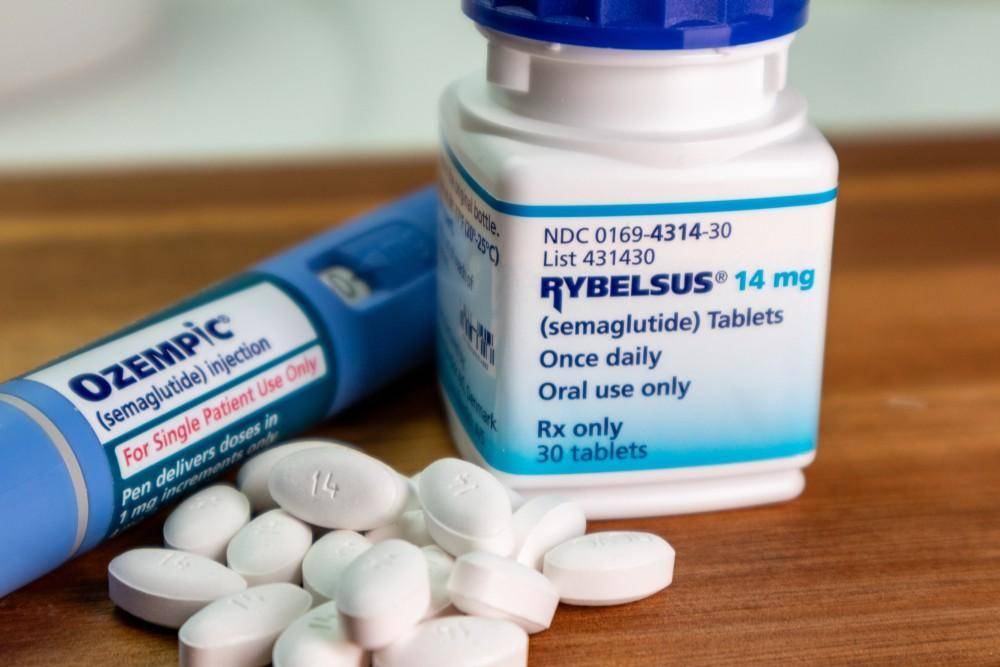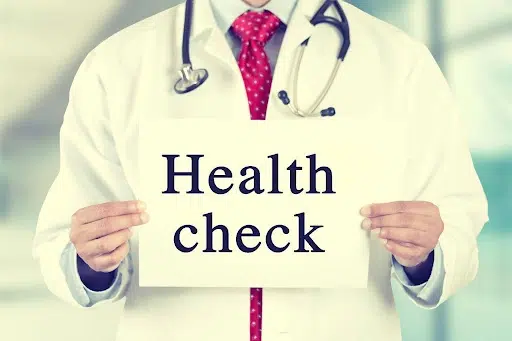Glucagon-like peptide 1 (GLP-1) agonists are a class of medication used to treat type 2 diabetes. The US Food and Drug Administration has also approved certain GLP-1 medications to treat obesity.
If you’re interested in GLP-1 medications for weight loss, you’re not alone. About 13% of people surveyed in a recent poll reported they’ve used GLP-1 medications for weight loss.
Our team of providers at Rescue MD incorporates GLP-1 medications into our medical weight loss programs if you’re a good candidate. While GLP-1 medications are growing in popularity, we know there are still a lot of questions about them.
Take a moment as our team answers five common questions about GLP-1 medications for weight loss.
1. What are GLP-1 weight loss medications?
This class of drugs mimics a hormone called glucagon-like peptide 1 (GLP-1). This hormone helps regulate your appetite and blood sugar levels. Because of its effect on your blood sugar levels, GLP-1 medications are prescribed to help control type 2 diabetes.
There are many types of GLP-1 medications, and they’re usually administered as an injection either daily or weekly. Your specific treatment plan includes the type of GLP-1 medication you need, the dose, and your injection schedule.
Our team offers several types of GLP-1 medications, including Ozempic®, Mounjaro™, semaglutide, tirzepatide, Saxenda®, phentermine, and Wegovy®.
2. How do GLP-1 injections help you lose weight?
GLP-1 medications support weight loss because they help you feel fuller longer, so you reduce your food intake. When you take GLP-1 medications, it mimics what your hormone GLP-1 does.
GLP-1 medications create a series of events:
- Your pancreas releases more insulin
- Glucagon (what triggers blood sugar release) is blocked
- Gastric emptying slows down (so you feel full longer)
When you feel satisfied, you’re less likely to overeat, and you may find it easier to stick with your daily calorie budget.
3. Are GLP-1 weight loss medications safe?
GLP-1 medications are generally considered safe when used as prescribed by your RescueMD provider. As with any medication, they can have side effects. Common side effects include nausea, vomiting, and diarrhea, but these often decrease over time as your body adjusts to the medication.
Our team reviews all of the pros and cons of weight loss medication during your consultation. If you have any questions or concerns, don’t hesitate to bring them up during your appointment.
4. Who can use GLP-1 medications?
GLP-1 medications are typically prescribed for individuals who have a body mass index (BMI) of 30 or higher, or for those with a BMI of 27 or higher who also have at least one weight-related health condition, such as type 2 diabetes or high blood pressure.
GLP-1 medications aren’t right for everyone. For example, they’re contraindicated for women who are pregnant, those with a hypersensitivity to the drug, those with necrotizing pancreatitis, and patients with a family history of thyroid cancer.
5. What results can I expect from GLP-1 weight loss medications?
This is perhaps the most frequently asked question, and while results can vary, many people who use GLP-1 medications experience remarkable weight loss. Researchers found that overweight adults without diabetes lost an average of 16% of body weight over the course of 68 weeks when they received a once-weekly subcutaneous 2.4 mg semaglutide injection.
This is in stark contrast to those who received the placebo. They only averaged a 5.7% weight loss.
Let’s put it another way. A 16% weight loss for a 220-pound person is about 35 pounds. On the other hand, a 5.7% weight loss for the same person is 12.5 pounds.
The bottom line: With a healthy diet and regular exercise, GLP-1 medication can led to significant weight loss.
Start your medical weight loss journey today
GLP-1 medications are just one part of a comprehensive medical weight management program. Here at RescueMD, our team builds individual treatment plans — based on your family history, personal health history, and RMR test results — to help you lose weight in a safe environment.
Medical weight loss programs may include:
- Custom nutrition plans with a registered dietitian.
- Personal training
- Lifestyle modifications, including practicing good sleep hygiene and stress management
- Medications
For more information on this topic, please reach out to RescueMD at 972-390-7667. We are an internal medicine, weight loss, and women’s health practice serving Allen, Frisco, Mckinney, Plano, and Dallas, Texas, and the surrounding areas. In addition to physicians, we have registered dietitians and personal trainers on staff to treat and manage most cases. https://www.myrescuemd.com/







